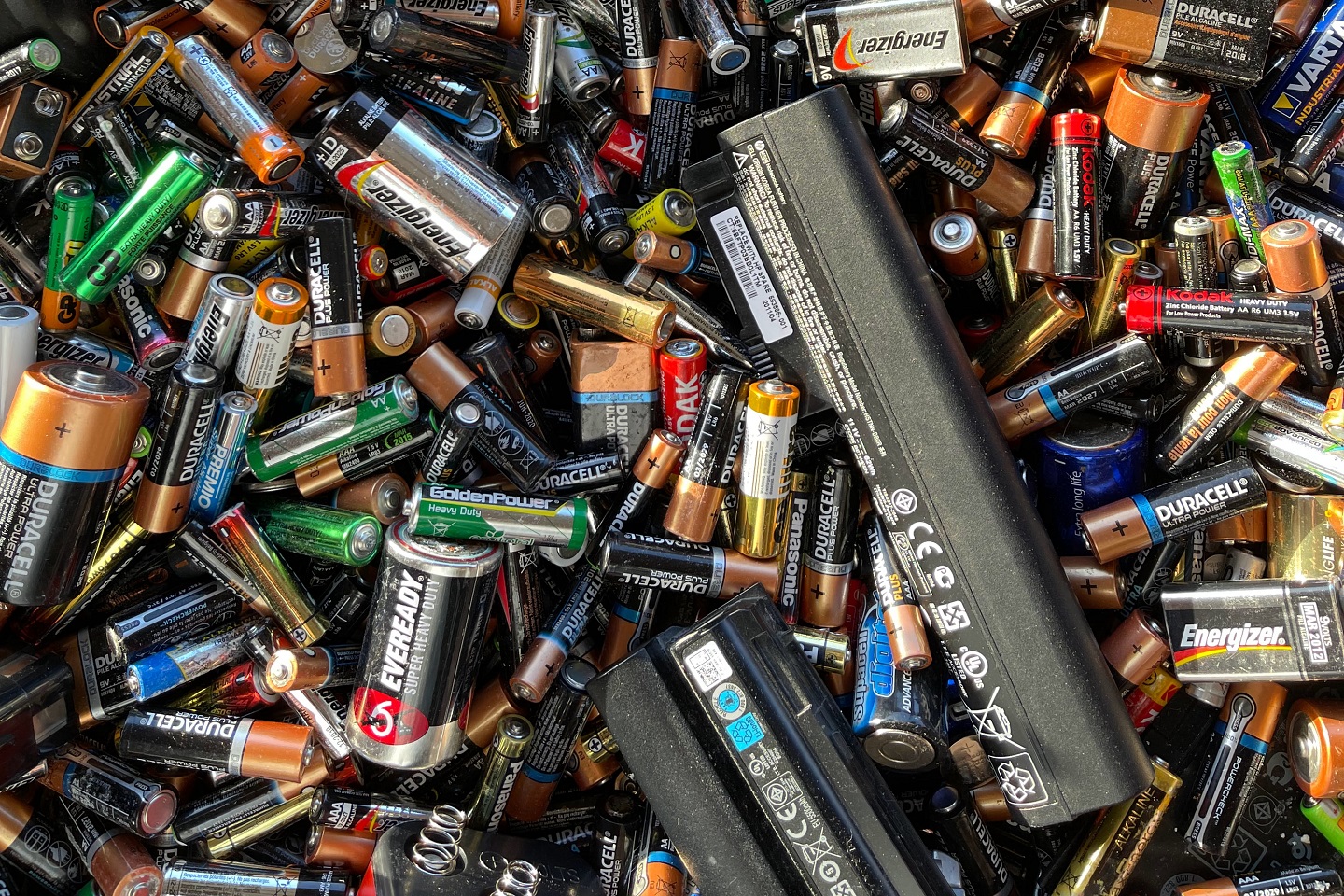Lithium Australia has gained admission to the coveted Global Battery Alliance, an international collaboration between public and private organisations dedicated to ensuring sustainability in the battery value chain. The company will now have direct access to experts and key participants in the global battery recycling industry, enhancing its aspirations to vertically integrate lithium extraction, production of battery materials and battery recycling.


Lithium Australia has gained admission to the coveted Global Battery Alliance, an international collaboration between public and private organisations dedicated to ensuring sustainability in the battery value chain. The company will now have direct access to experts and key participants in the global battery recycling industry, enhancing its aspirations to vertically integrate lithium extraction, production of battery materials and battery recycling.
Founded in 2017, the Global Battery Alliance or “GBA” consists of 70 groups seeking to speed-up global battery uptake to lower carbon emissions and to reduce barriers to a circular battery economy.
German car manufacturer Volkswagen, information technology giant Google, mining titan Glencore and the World Bank Group are just some of the manufacturers, government groups, non-government organisations and academics forming the GBA collaboration.
By 2030 batteries may enable 30 per cent of all carbon emission reductions in the transport and power industries tabled under the Paris Agreement, in addition to providing power for 600 million people globally, according to GBA.
The battery value chain would need to grow 19-fold to meet such aspirations, requiring a sustainable market framework to be developed to support the growth, GBA says.
According to Lithium Australia, GBA membership will allow it to advance its own environmental, social and governance or “ESG” objectives that are designed to ensure ethical and sustainable supply of energy metals to the battery industry.
Lithium Australia Managing Director Adrian Griffin said: “The company's admission to the GBA is testament to the ESG values upon which it has built its business model. Both the company and the GBA have a core objective: that of creating an ethical, sustainable and circular battery economy.”
“Envirostream Australia Pty Ltd, a 90 per cent company owned subsidiary, is Australia’s only mixed-battery recycler. It will benefit directly from the company's membership of the GBA through harmonisation of transboundary regulations and access to experts and major industry participants in battery recycling globally.”
Mr Griffin said acceleration of lithium-ion battery use in electric vehicles and grid-scale energy storage created a “global challenge in terms of both the supply of battery materials and recycling of the batteries when spent”.
He said VSPC Ltd, another subsidiary of Lithium Australia producing advanced cathode powders for lithium-ion batteries, would also benefit from the efforts of the GBA and its members.
Meanwhile, 60km north-east of Perth in the Julimar district of WA, Lithium Australia and its joint venture partner Charger Metals are set to undertake a helicopter-borne electromagnetic survey over their Coates nickel, copper, cobalt and precious group element project.
Management says aerial electromagnetic surveys have been successfully used by other companies in the area to identify conductors prospective for nickel sulphide mineralisation.
Coates lies about 20km from Chalice Mining’s exciting Gonneville discovery where a drill hole last year returned a bumper 19m hit at 2.6 per cent nickel, 1 per cent copper, 8.4 grams per tonne palladium and 1.1 g/t platinum from 48m.
Chalice says it has since identified 11 high-grade mineralised zones in a 1.8km-by-0.9km area, with a further 24km of strike yet to be drilled. Its share price has rocketed from under 20c prior to discovery to as high as $9.34 recently.
Lithium Australia says Coates shows geological similarities to Chalice’s ground. It owns a 30 per cent stake in Coates with Charger holding the balance.
The electromagnetic survey is scheduled to be flown next month.
Is your ASX-listed company doing something interesting? Contact: matt.birney@businessnews.com.au












